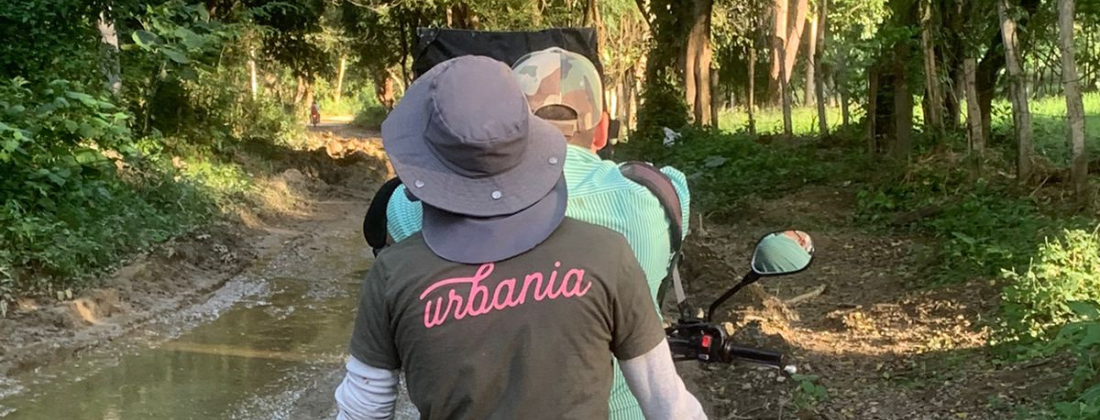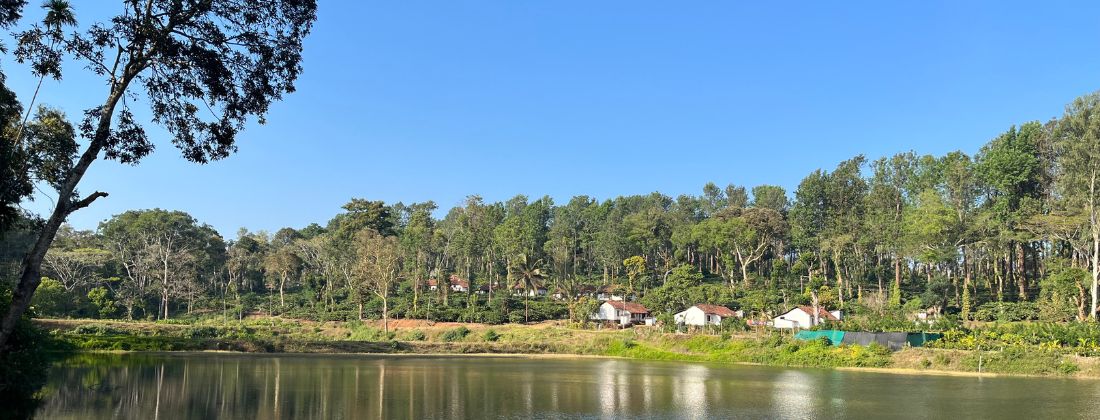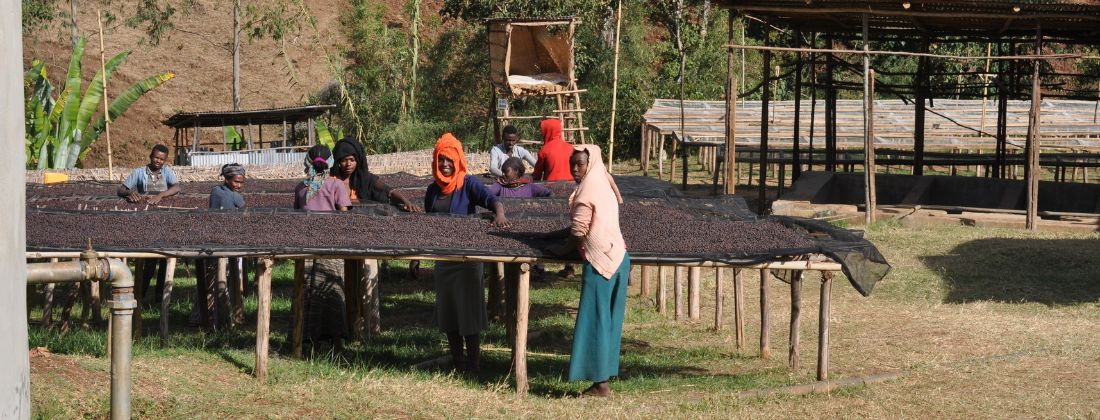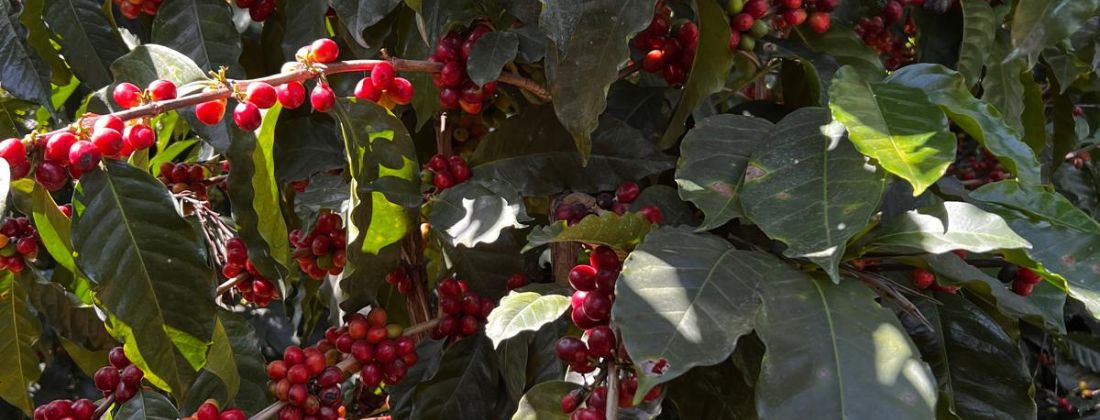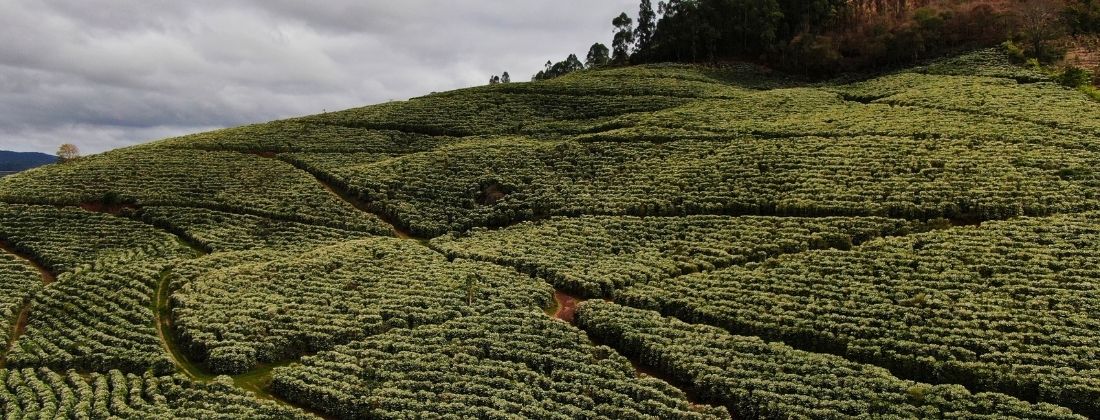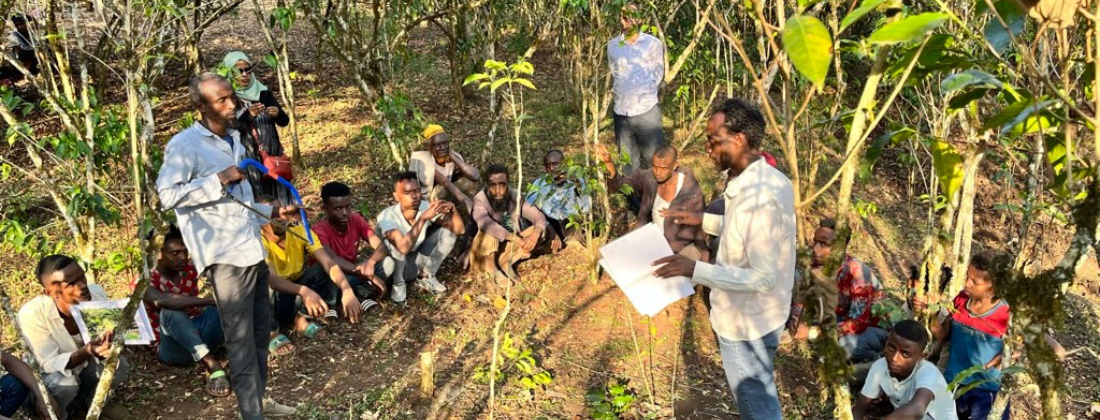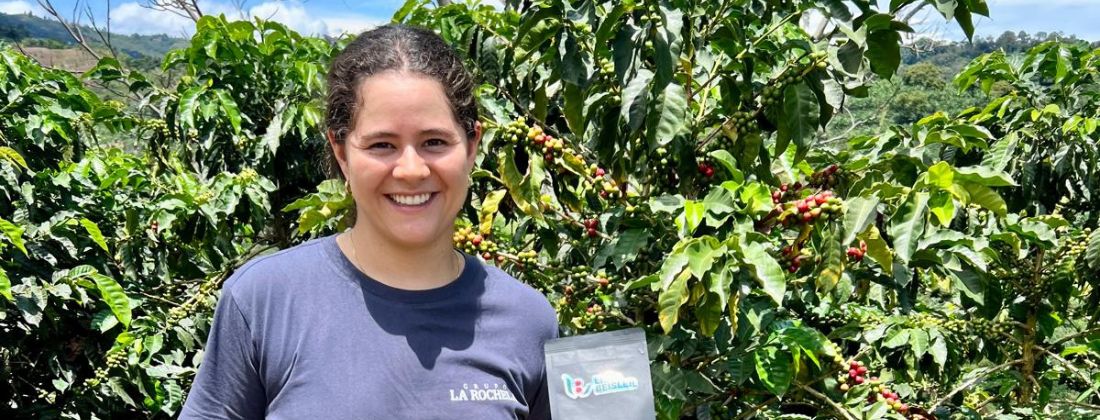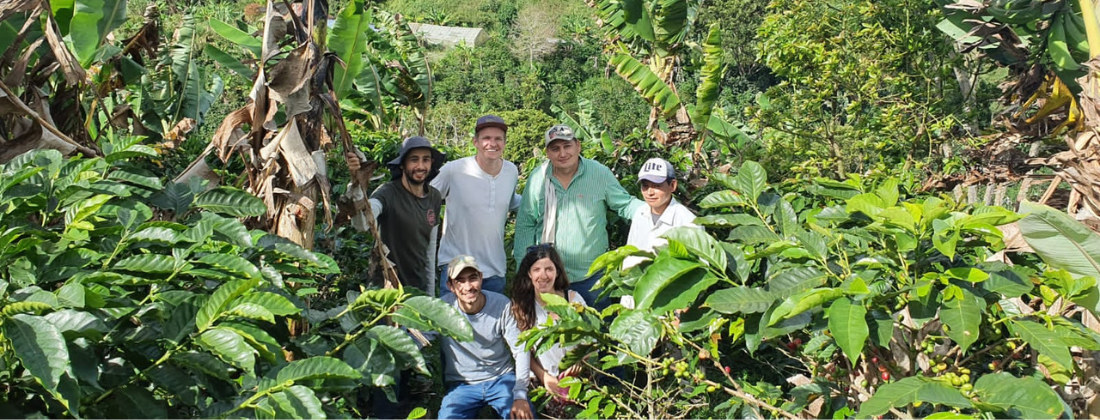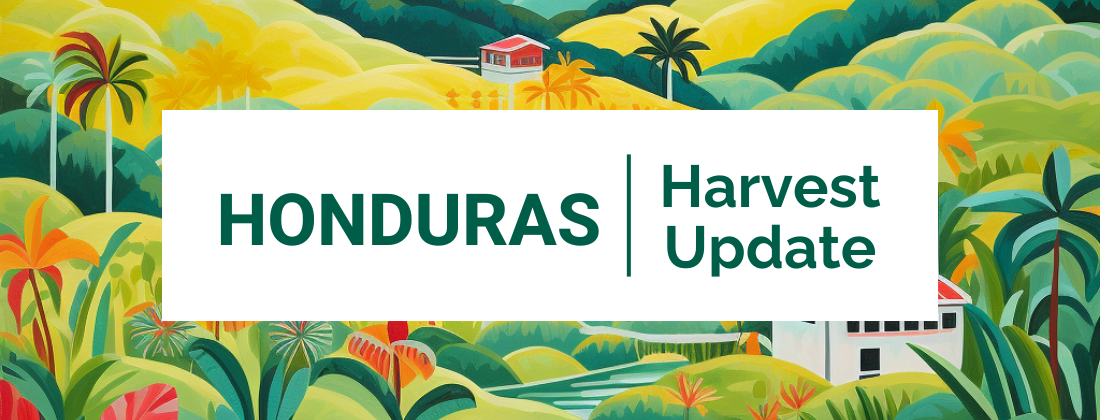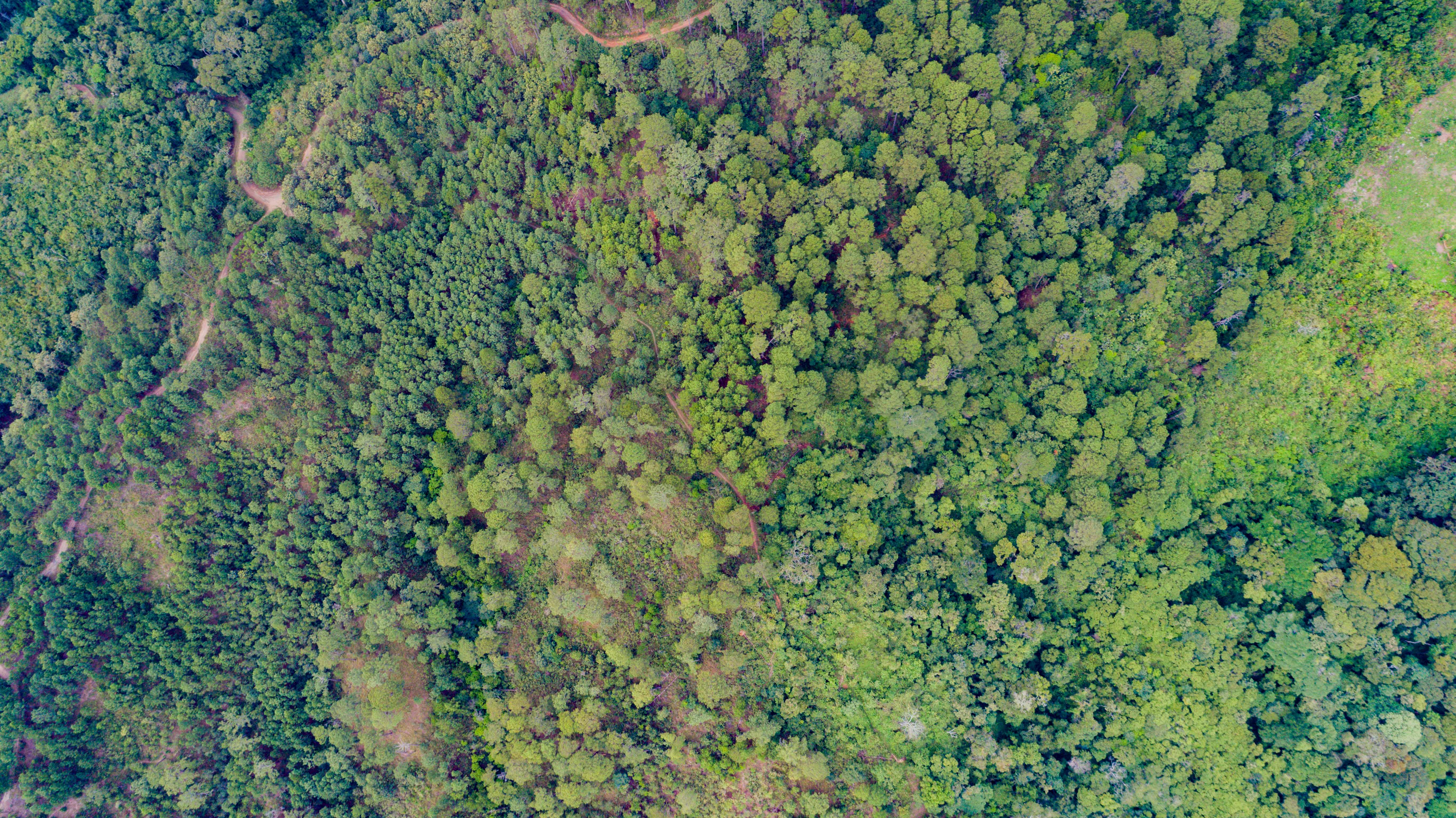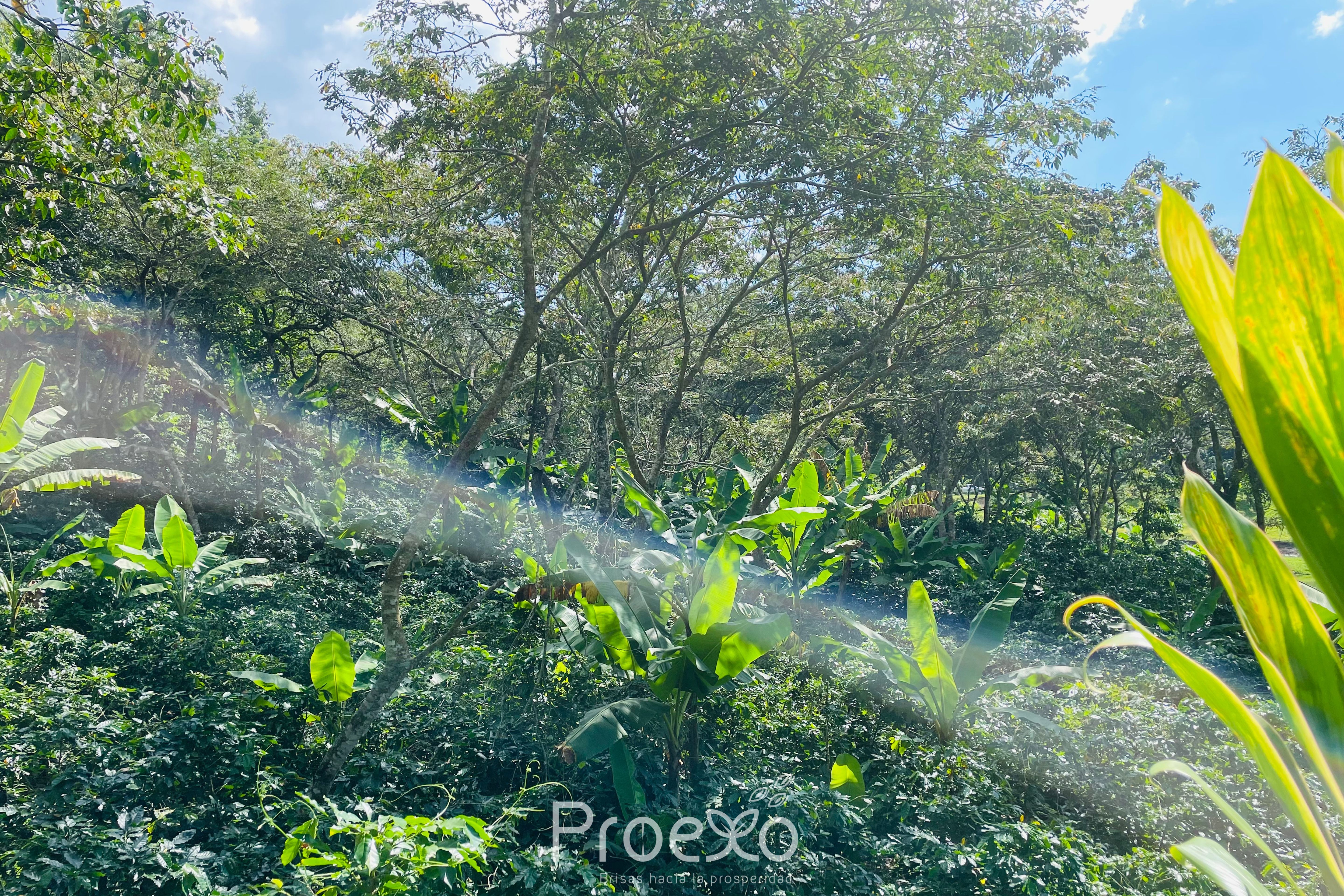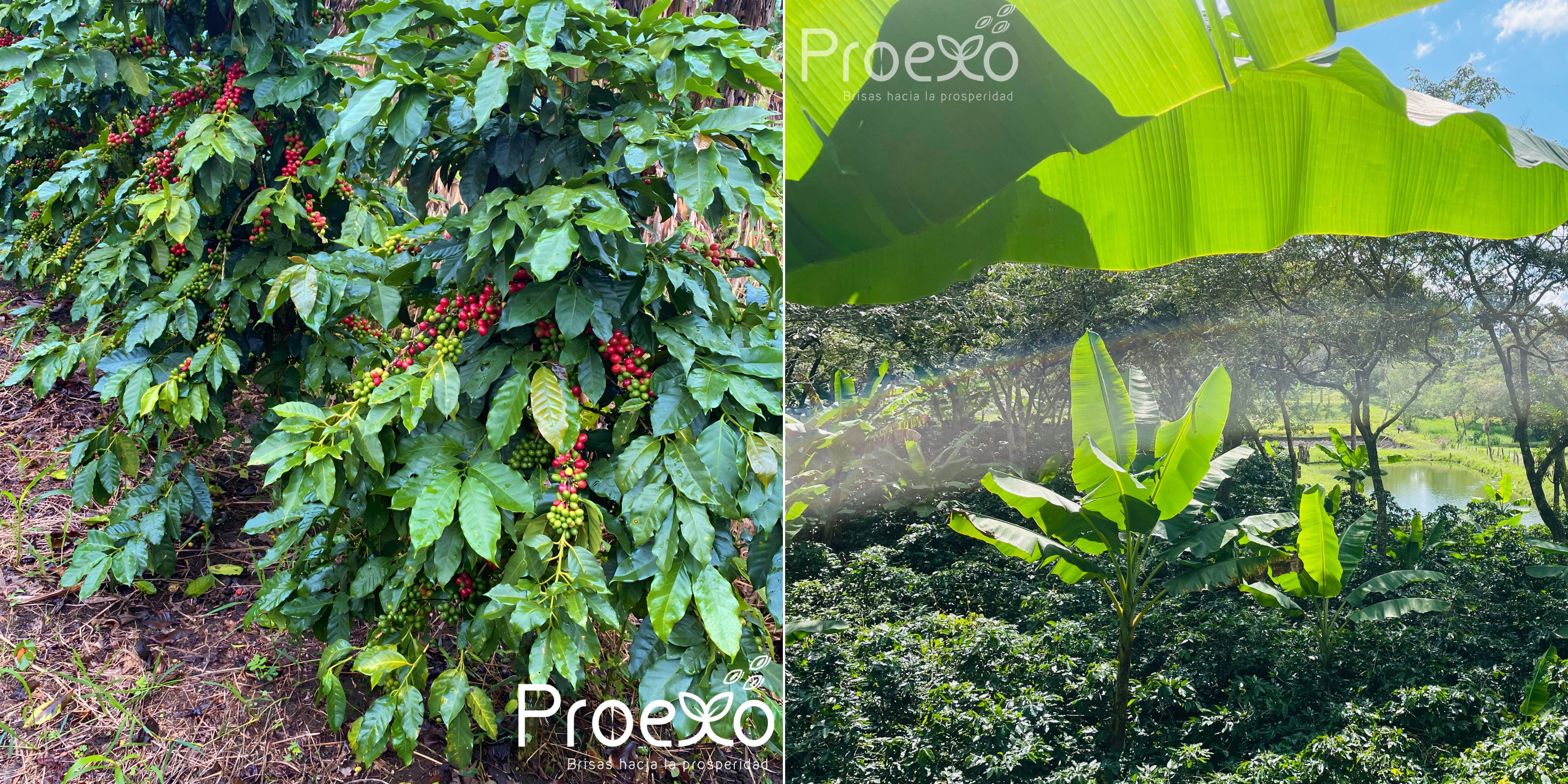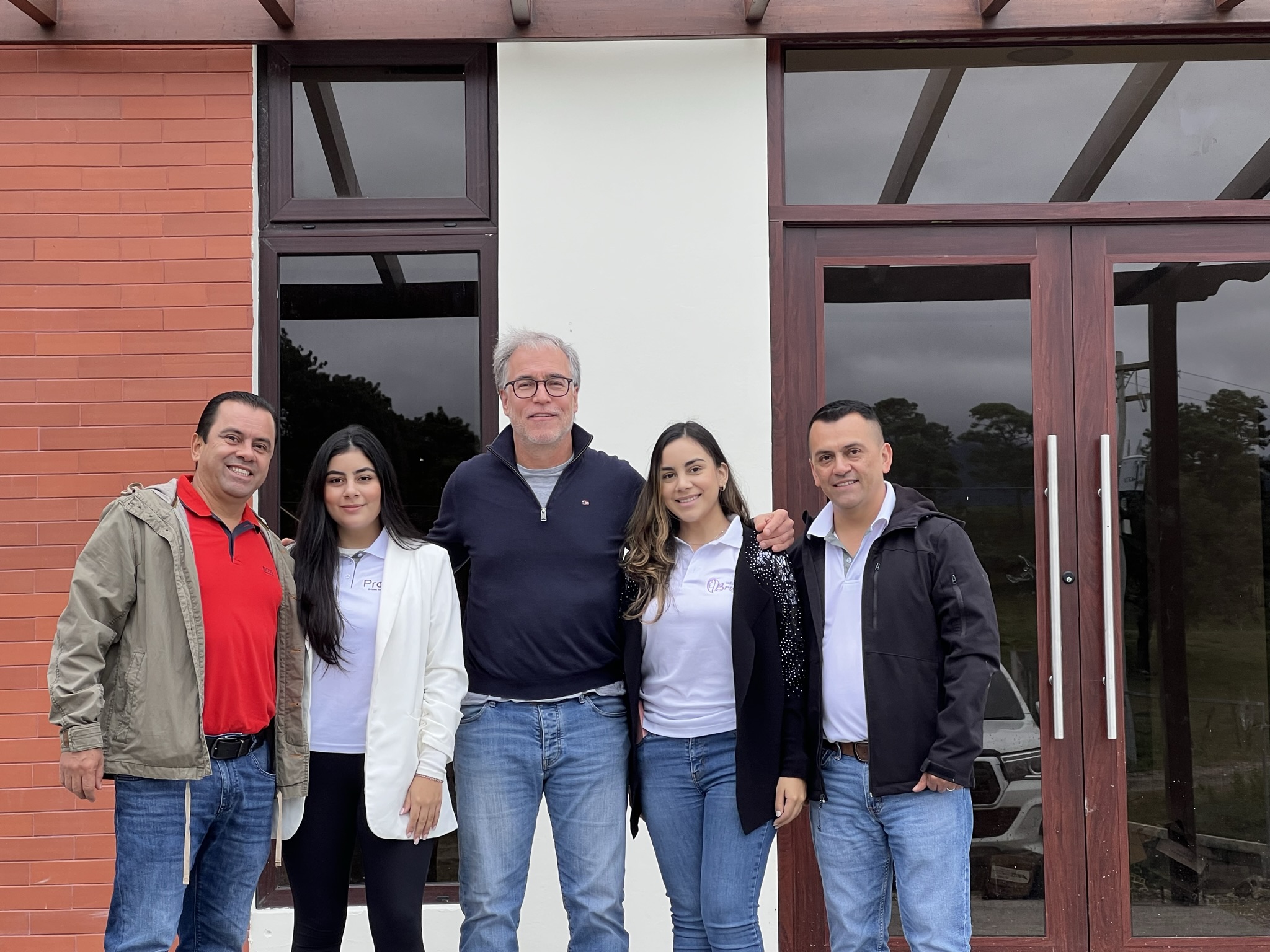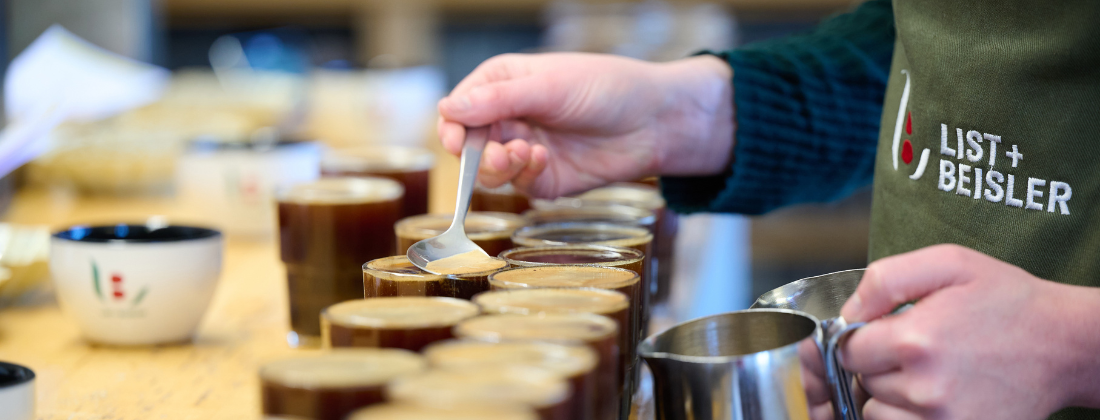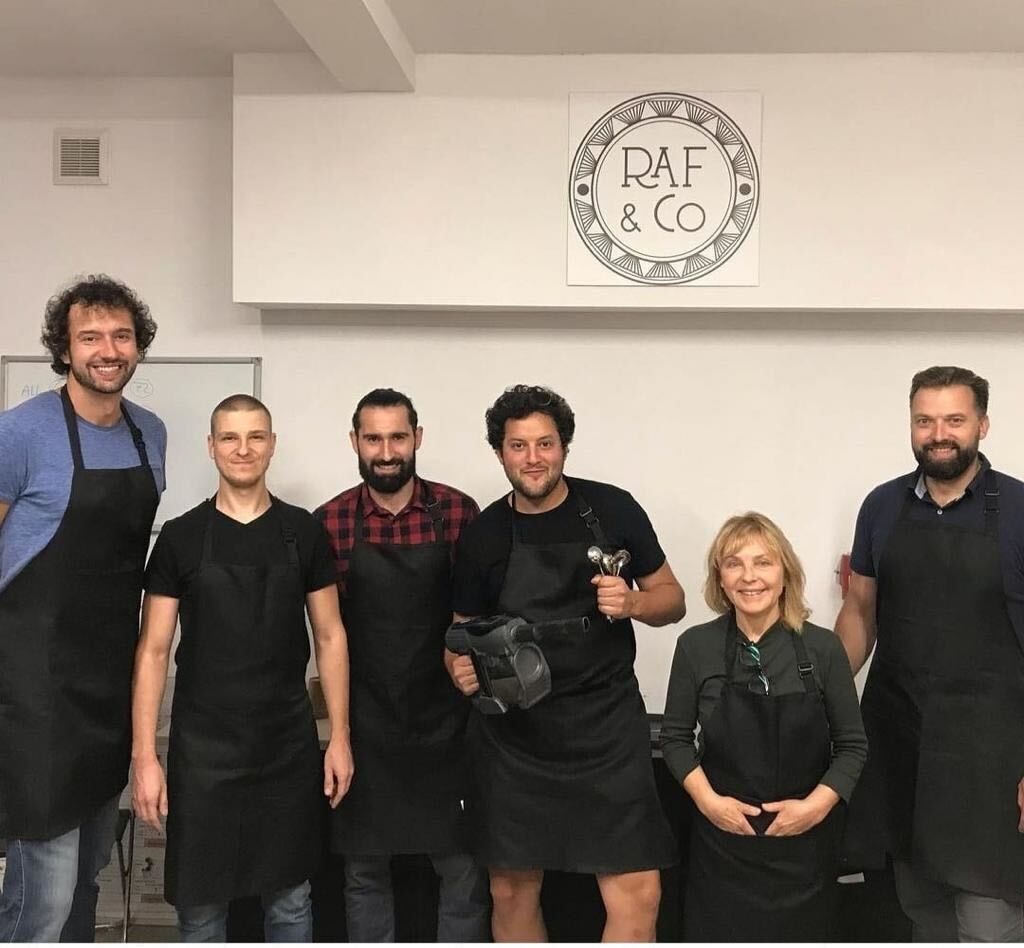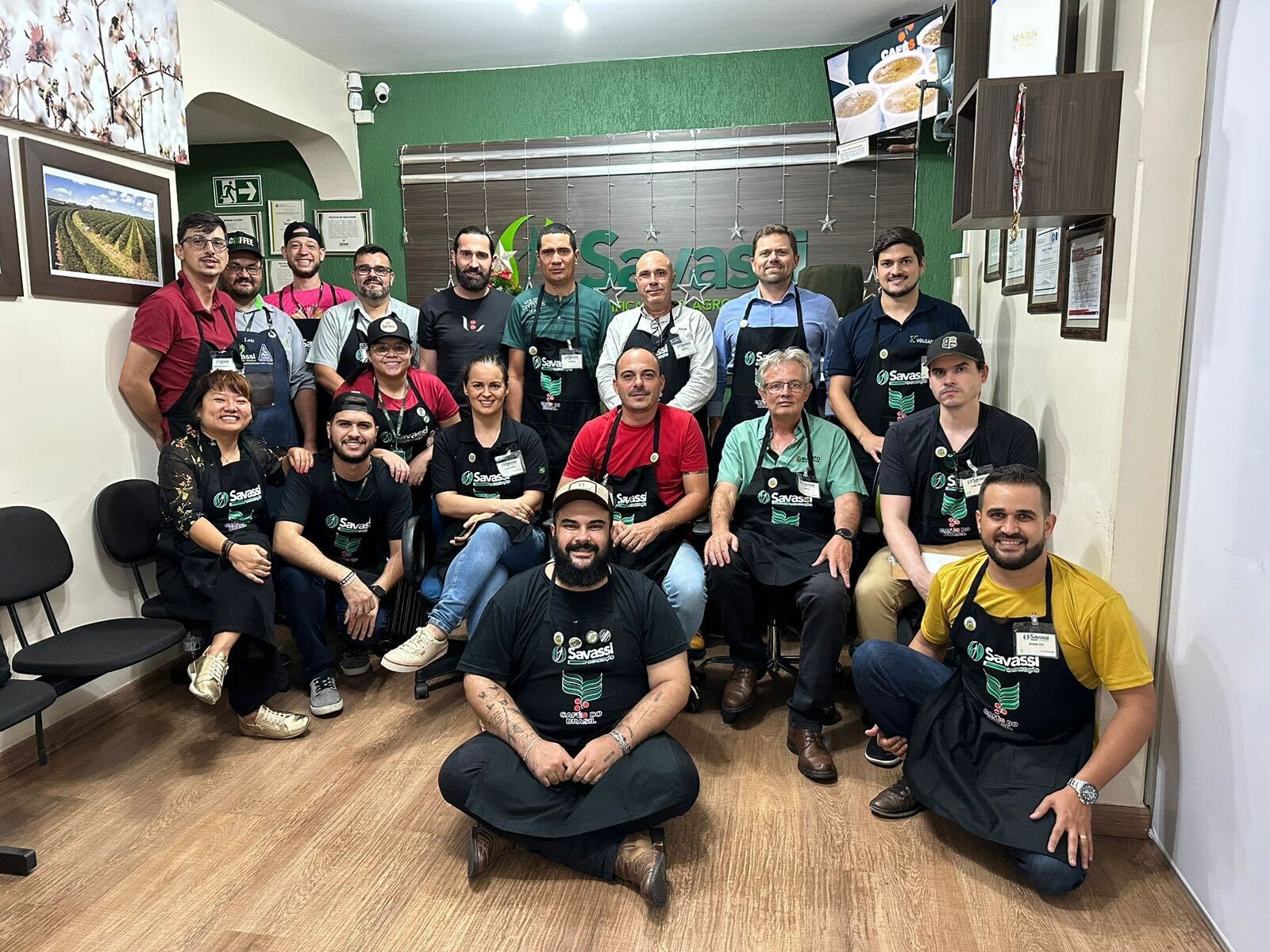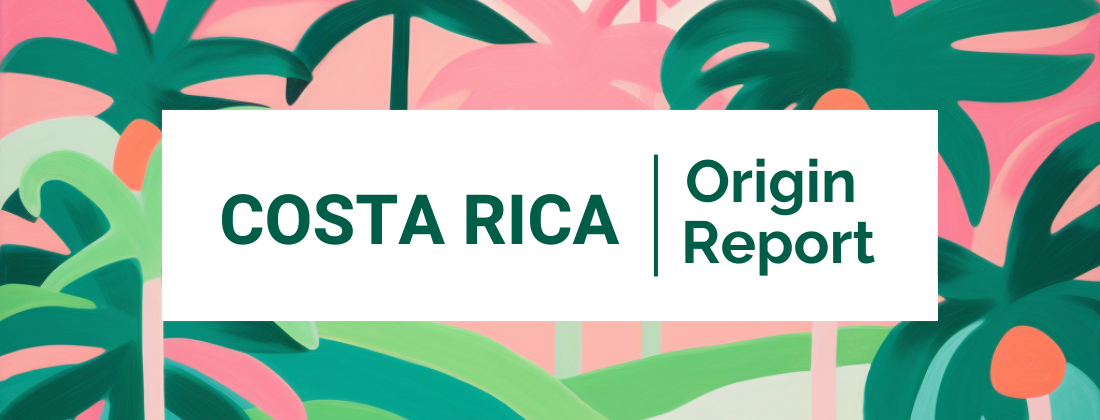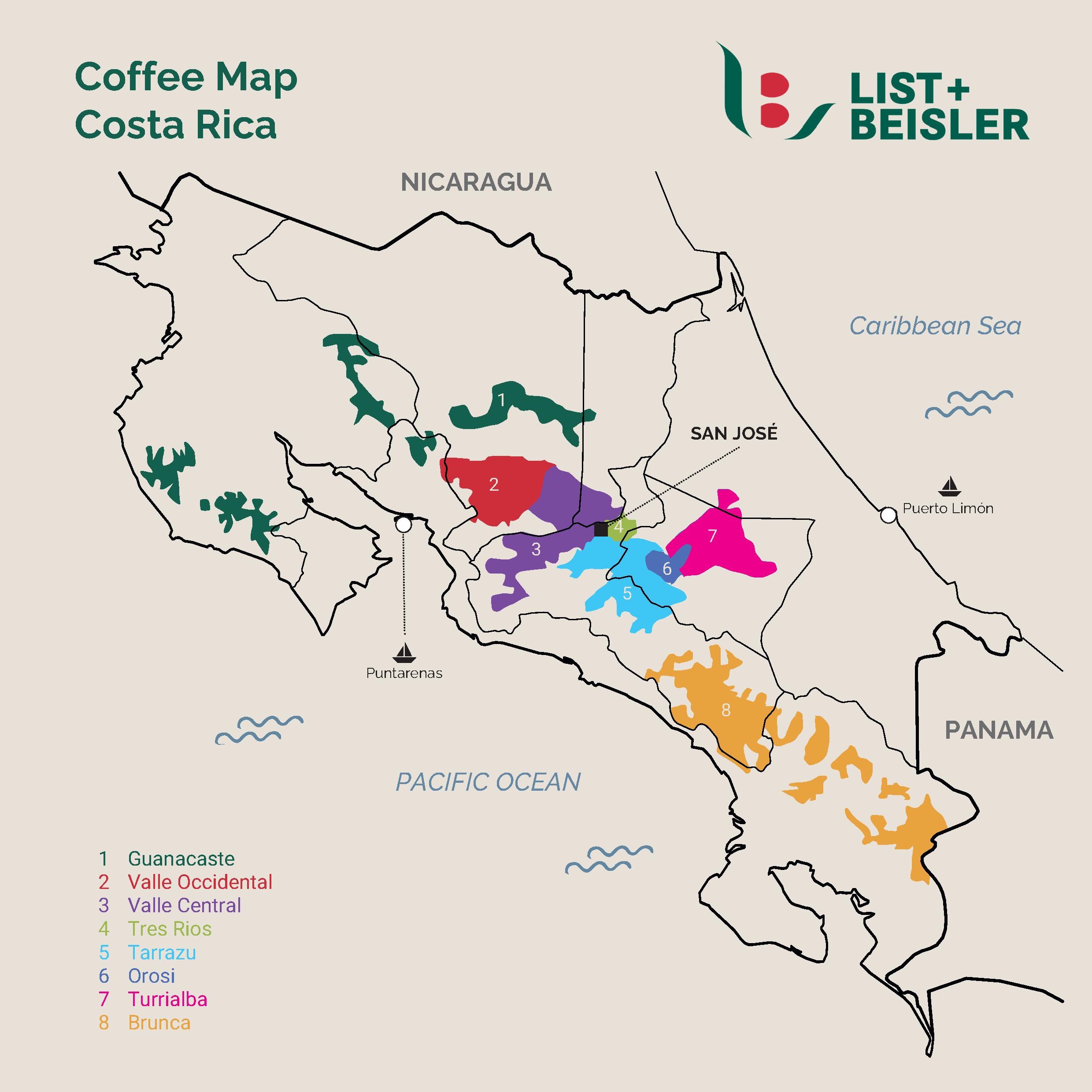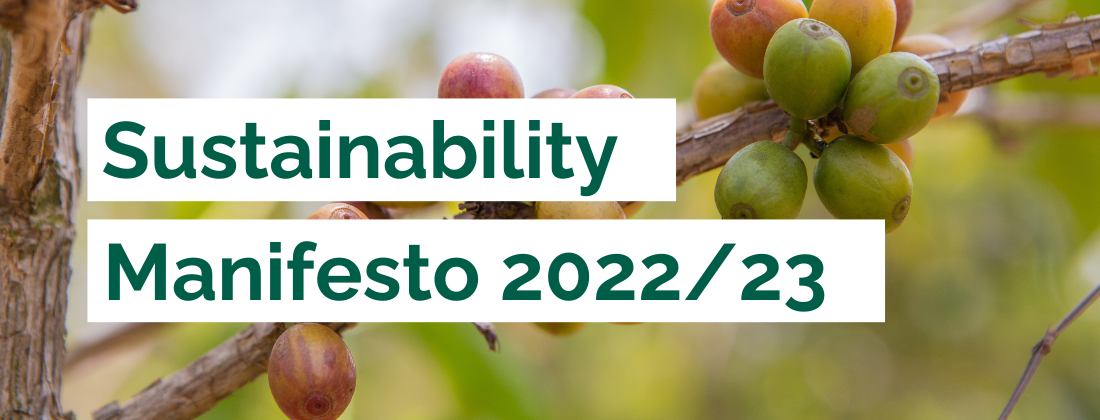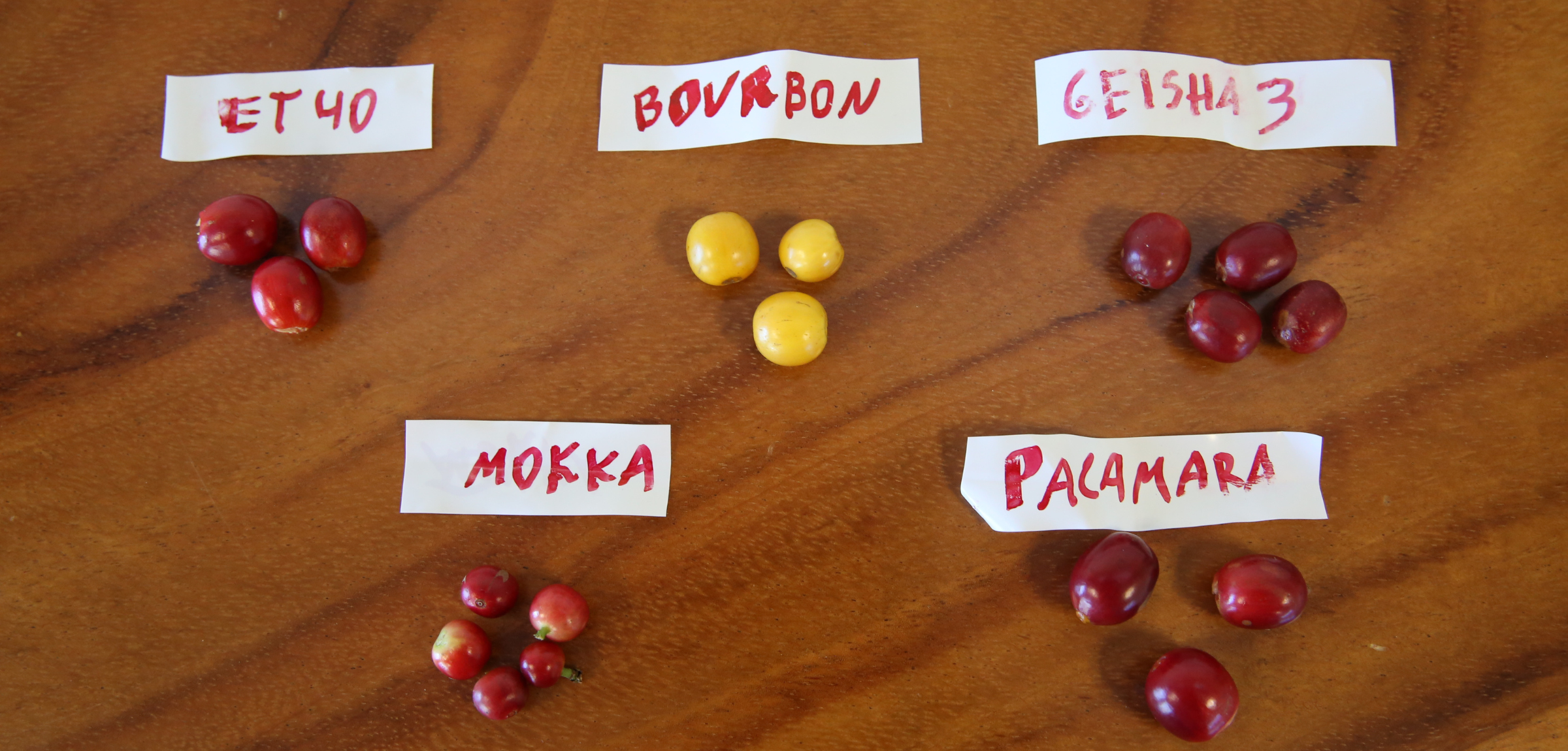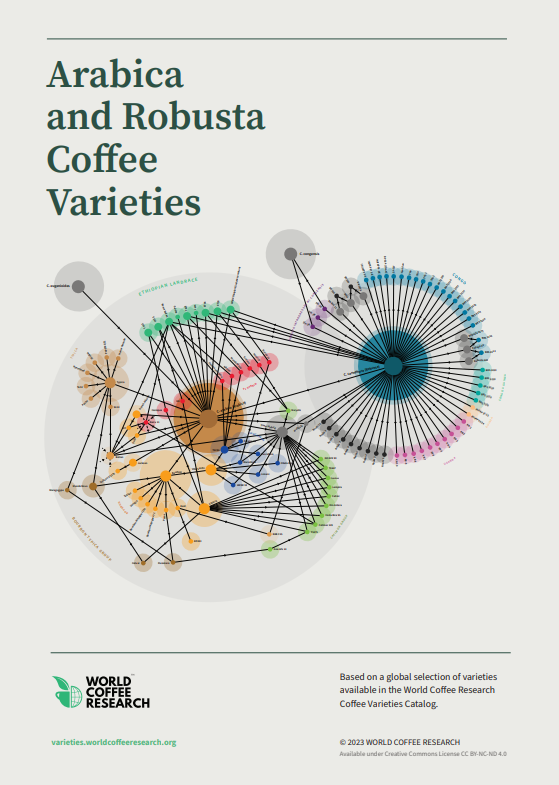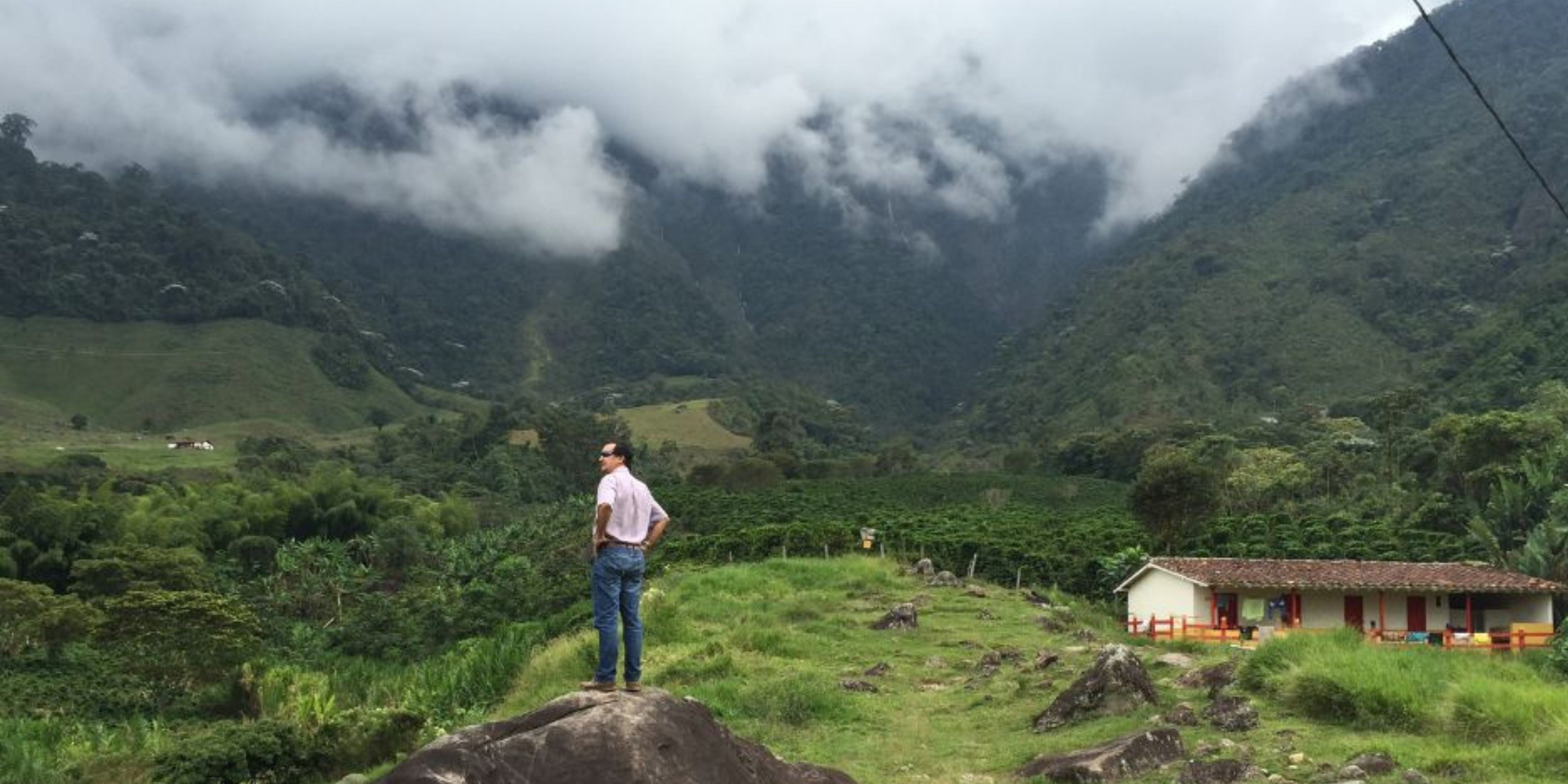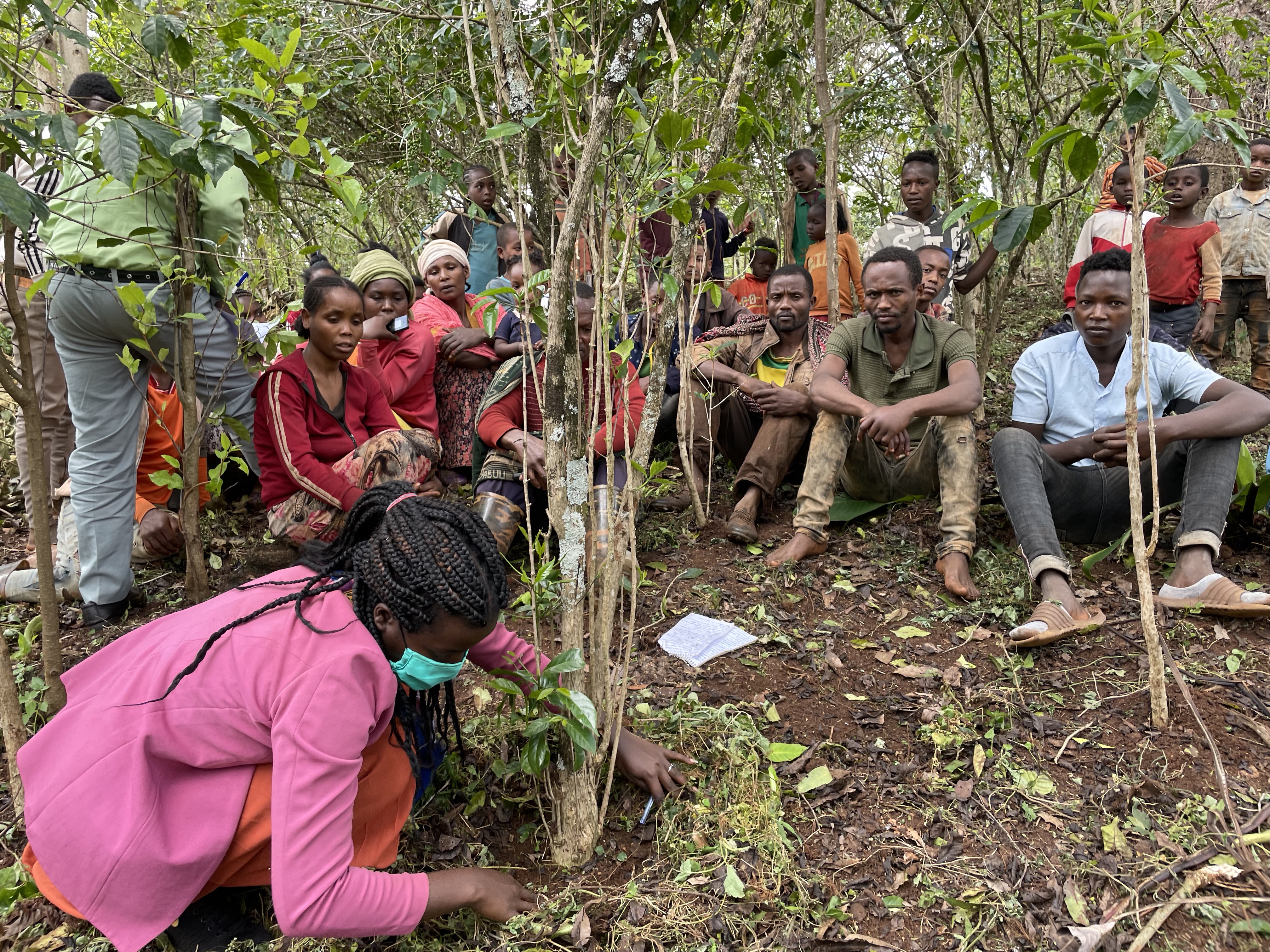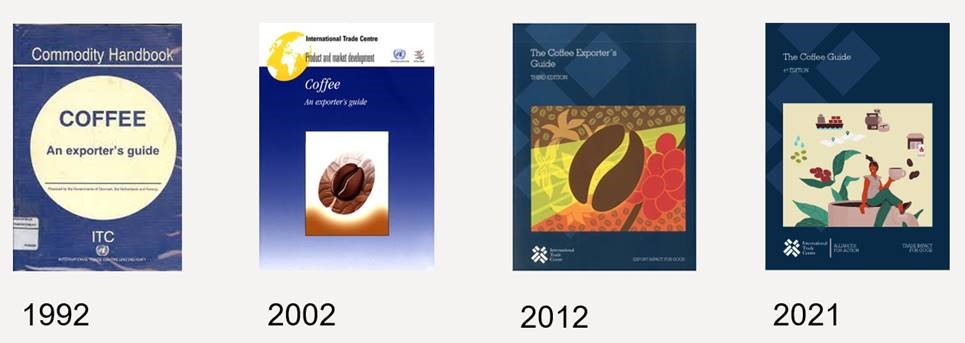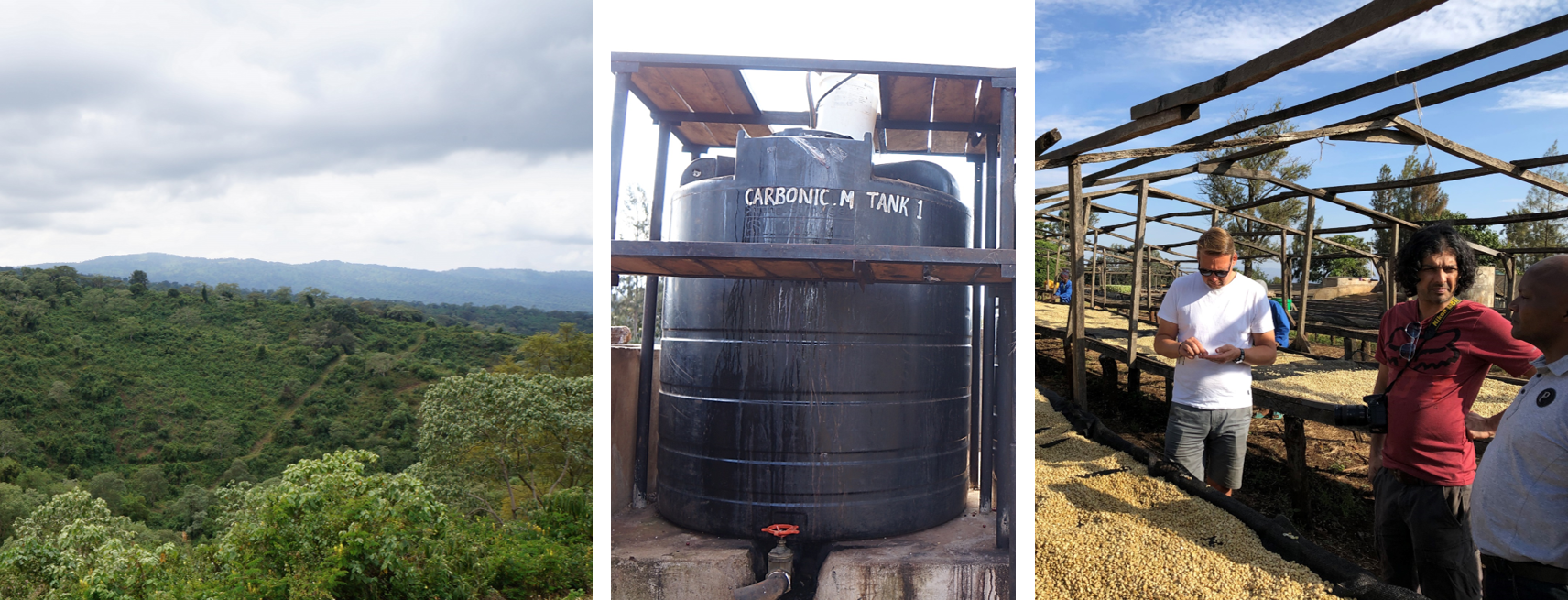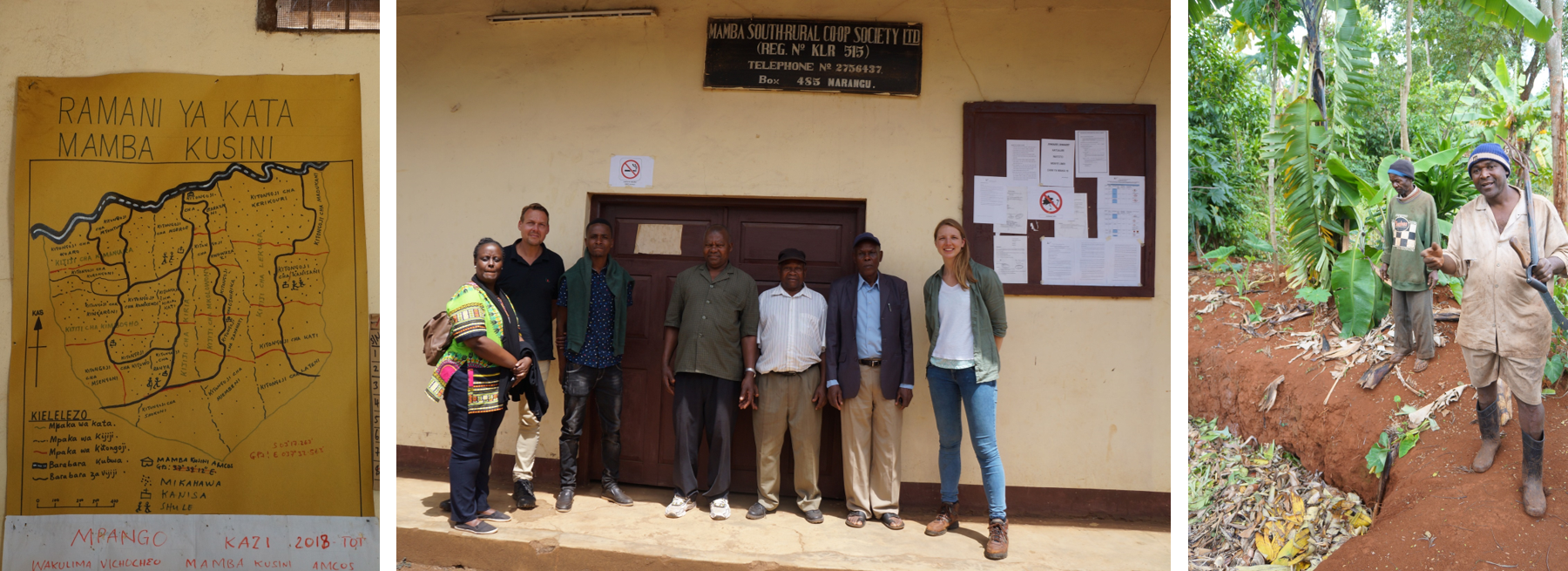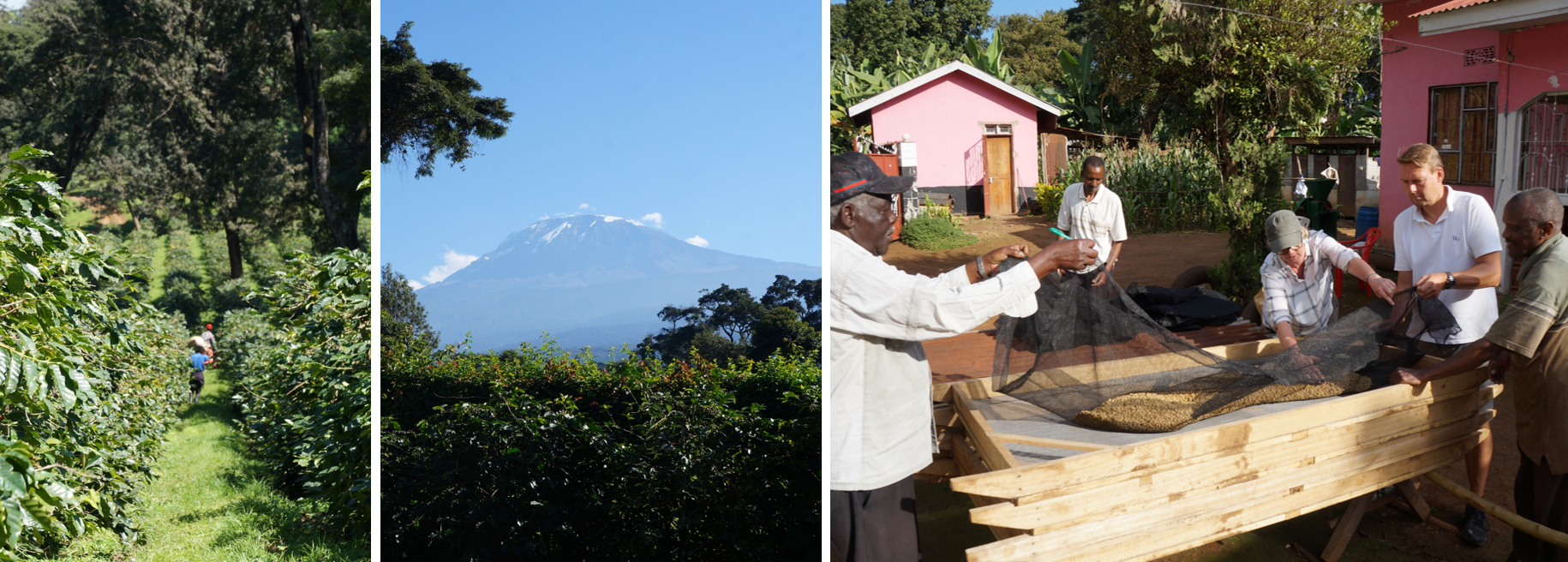When we think about Colombia, coffee often comes to mind. Since the 1950s, the Federación Nacional de Cafeteros has actively promoted the country as a leading coffee producer. However, Colombian coffees have not only won our hearts over a successful marketing campaign, but they shine through their quality and diversity. Coffee in Colombia is cultivated in over 20 regions, where picturesque landscapes of steep mountains, lush greenery, and the melodies of birds create a serene ambiance on coffee farms. Nevertheless, many areas in Colombia have not always enjoyed this tranquil scenery.
For much of the last century, Colombia has been mired by armed conflict. What started as a confrontation between liberal and conservative parties escalated into a war involving the government, paramilitary forces, guerrilla groups, and crime syndicates. This prolonged conflict has had profoundly negative consequences for Colombians. The numbers say it all: over 260,000 lost lives, thousands are missing, and many are falling victim to violence and insecurity.
After numerous attempts, a peace process started in 2012 between the Colombian government and the FARC, one of the most prominent guerrilla groups. The process culminated in a final agreement signed in November 2016. Nonetheless, after decades of unrest, achieving peace and fostering development in the affected areas is easier said than done.
This is where companies like Urbania step in. Founded in 2015, Urbania opened multiple coffee shops across Medellin. Since their inception, they have focused on leveraging coffee production for positive societal impact, mainly working in vulnerable communities and with victims of the armed conflict. They do so through their PAZ project, from which we started buying coffees last year.
Grasping the complexities of post-conflict Colombia and the efforts aimed at fostering positive transformation in affected regions, including coffee-producing regions, takes a lot of work. To gain deeper insights into this and the role of initiatives like the PAZ project, we had a Q&A session with Julian Gamboa, Impact Manager and Co-Founder of Urbania.

Q&A
Julian — to begin with, please tell us about yourself. How did you get involved in the world of coffee?
I come from Bogotá but have been living in Medellin for the past 8 years. My journey in coffee began with the establishment of Urbania back in 2015. Previously, I was involved in organizing cultural events. However, after initial discussions with my business partner about the concept of opening coffee shops that emphasized more than just quality, I transitioned into coffee.
Tell us more about Urbania. How was it founded?
We aimed to adopt a model that exclusively collaborated with small coffee producers. Our goal was for them to generate higher profits through the production of specialty coffee. This vision led to the birth of Urbania. Subsequently, we realized that exporting was crucial to amplify our model's impact. This increased volume would enable us to magnify our impact, collaborate with more producers and associations, and encompass more extensive conservation corridors.
Is this focus — working with small coffee producers — what makes Urbania different from other suppliers?
No, that was just how Urbania was born. Our focus has since evolved to concentrate on working with victims of the armed conflict in Colombia. Our current model is centered on a "triple impact" logic, through which we aim to engage with producers and positively impact three key areas: environmental, social, and economic sustainability.
You see, we are not coffee hunters looking to find the best coffees in Colombia. Instead, we prioritize ensuring that the producers we collaborate with can develop and thrive as farmers. By enhancing quality, we aim to help them expand their businesses, particularly in regions severely affected by conflict or areas of significant environmental importance.
The armed conflict in Colombia is incredibly complex, with various armed groups, political ideologies, and socio-economic factors at play. Could you tell us more about it for those who may not be familiar with it? How has the conflict impacted the lives of Colombians, including those involved in coffee production?
Of course, I will try to be brief.
The conflict began in the middle of the last century with the formation of the guerrillas in Colombia after the Cuban revolution. One of the most prominent groups was the FARC, which was essentially fighting the government.
You see, during that period, Colombia operated under a democratic system dominated only by two parties, excluding alternative ideologies from participating in elections. This exclusion contributed to the emergence of guerrilla movements seeking to challenge the established political order.
Later on, around the 1980s, with the rise of the drug trade, guerrillas resorted to drug trafficking to finance their operations. This led to the formation of paramilitary groups, further complicating the conflict. The involvement of multiple actors — guerrillas, the Colombian army, and drug dealers — created a scenario akin to a civil war. Rural areas, where guerrillas often established themselves, were affected the most. This had significant repercussions for the coffee industry, as guerrilla movements traversed coffee-producing zones, leading to disruptions in production. Many farmers and entire families had to abandon their land because the guerrillas were taking ownership of them or due to high levels of insecurity and violence.
After the peace agreement in 2016, many of the victims are still making a transition to "civil" life. Victims include not only those who were displaced but also underage youth who were recruited, people who lost loved ones, or who have no economic means of subsistence as a result of the conflict.
What is the PAZ project, and how does it support these communities affected by the conflict?
The PAZ project began in 2017 following the peace agreement between the government and FARC. In almost all PAZ projects, we come as private allies of larger peacebuilding projects, with support from organizations such as the UN and USAID, which support post-conflict initiatives in Colombia. They look for partners who know about coffee and can support coffee producers.
For instance, there are municipalities such as Briceño and Genova in Antioquia and Quindío that the government has identified as priorities for transitioning to "post-conflict". Our first project was with an association in Tolima. Like Tolima, in regions heavily impacted by the conflict, economic opportunities are scarce, often leading individuals to engage in illicit activities such as coca cultivation, illegal mining, drug trafficking, and wildlife trade for subsistence.
Our goal through PAZ is to facilitate a transition to legal and sustainable livelihoods through coffee. Rather than cultivating coca, for example, farmers can shift to growing coffee. We are looking for better and more economic opportunities for these individuals.
So, through the PAZ project, we basically have 2 objectives. First, it improves the profits of coffee-producing communities, especially those in conflicted or post-conflict areas. Second, promote better opportunities for environmentally sustainable farmers and mitigate negative impacts.
How is the PAZ project achieving these goals?
Initially, we give group training to farmers about best practices for cherry collection, post-harvest processing, and general agricultural management of their farms. Out of these groups, we identify leaders with a high-quality determination and the potential to produce specialty coffee lots. They become community leaders. We also visit their farms, cup their coffees, and give them feedback in any way we can to improve their coffees.
Regarding higher profits, PAZ pays a bonus on top of market prices for quality and sustainable agricultural practices.
Where is PAZ currently operating? Could you please tell us more about the farmers involved?
PAZ started operating in Tolima. The association began with 50 members and now has around 120. The majority of them are women, and over 90% are victims of the armed conflict.
Today, PAZ also has projects in Antioquia and has reached Quindío and Valle del Cauca. All projects across these communities have different components. For instance, we could have a PAZ Tolima or a PAZ Blend Antioquia from different regions, but they all have peacebuilding projects.
Altogether, we have worked with around 400 families, mostly in Tolima and Antioquia. They are all smallholder farmers with an average farm size of 2 hectares. They are cultivating traditional varieties such as Castillo and Colombia, but a few are producing microlots with Bourbon and Geisha.
What are the hopes for the future?
We look into 2024 with optimism. We believe in the value and growth potential of projects like PAZ from the bottom of our hearts. With challenges such as El Niño impacting quality and productivity, the issue of environmental impact is becoming more and more critical. While expanding to new areas, our focus remains on supporting and collaborating with producers committed to quality and sustainability. Local leadership is vital in this effort, and we see an excellent opportunity to empower women and young people as impactful leaders within these initiatives.
*Interview translated from Spanish
